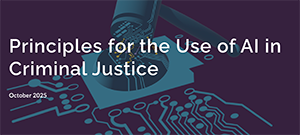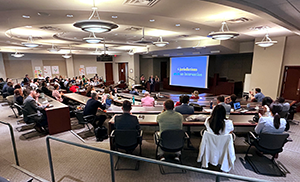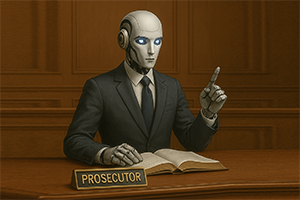Ending non-public-safety traffic stops in Ramsey County, MN
Published on March 19, 2024
In September 2021, Ramsey County (MN) law enforcement leaders announced they would reduce minor, non-public safety traffic stops to reduce racial inequities, engender community trust, and better prioritize the use of law enforcement resources. Justice Innovation Lab partnered with the Ramsey County Attorney’s Office (RCAO) in April 2022 to study the impact of this policy change.
JIL’s analysis found that the new traffic stop policy successfully reduced minor, non-safety-related vehicle violation stops, that this reduction narrowed racial differences in traffic stops and searches, and that the policy had no discernible effect on public safety.
In March 2024, RCAO released a video, “Creating Safety Through Trust: Ending Non-Public-Safety Traffic Stops in Ramsey County,” -- produced by award-winning filmmaker Norah Shapiro -- explaining this work. JIL's Founder and Executive Director Jared Fishman is featured in this film.
The 8-minute video tells the story of how partners in Ramsey County greatly reduced low-level equipment traffic stops, and related racial disparities, through a collaborative change process, from the point of view of local law enforcement leaders and community members.
More from the Knowledge Hub
Some thoughts on the Council on Criminal Justice's AI principles
Read about JIL Chief Implementation Officer Rory Pulvino's thoughts on the Council on Criminal Justice's recently released principles for the use of artificial intelligence in criminal justice.
Learn moreReimagining what's possible
Reimagine what is possible to achieve when justice system decision makers from different jurisdictions gather for an immersive program aimed at developing innovative solutions to challenging problems.
Learn moreAI thinks you should go to jail, even if you didn't do the crime
Learn about the dangers of using artificial intelligence in the criminal legal system, based on testing that reveals ChatGPT's problematic preference for prosecution regardless of case facts.
Learn more






